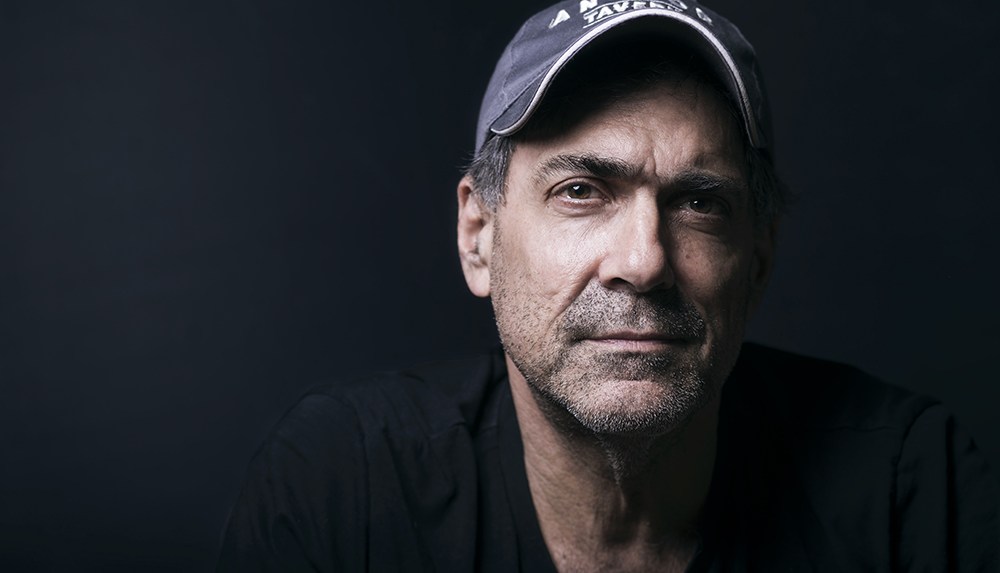In 1999 I contracted a throat infection that receded after many weeks, but I was still unbelievably exhausted with the most intense flu-like malaise. Two years later I was diagnosed with chronic fatigue syndrome/myalgic encephalomyelitis (CFS/ME) and joined the 240 000-plus people in the UK with this illness. I assumed that a diagnosis would lead to effective treatment, but I was in for a shock.
Initially my GP suggested I see a psychotherapist. It seemed a strange recommendation, but I trusted his judgement and decided to see if this would help. Unfortunately it had no impact at all on the illness. My GP then referred me to an endocrinologist who boldly announced that, as the test results were all normal, everything was fine and offered to prescribe antidepressants. I was deeply frustrated by the suggestion that clear test panels meant I should be treated as a depressed patient. I was not inclined to agree that antidepressants were the best treatment when my experience of the symptoms was closer to that of an infection than a mood disorder. In fact, I have been told a number of times that I’m simply depressed, or that I am de-conditioned and just need to exercise. I wouldn’t mind if either diagnosis were true, as there are effective treatments available, but they are inadequate explanations.
CFS/ME waxes and wanes but also causes post-exertional malaise: when patients go beyond their usual (restricted) activity level they suffer a worsening of symptoms which can be severe. Patients often refer to this as a crash. For me this can mean being bedridden for weeks with muscle weakness, dizziness, loss of appetite, and indescribable physical and mental exhaustion. It’s worth noting that my GP has only ever seen me when the symptoms are at the lesser end of the scale. During a crash I am too ill to leave my bed, let alone travel to the surgery.
When I first got sick, CFS/ME seemed to be largely treated as a mysterious psychological condition, with doctors encouraged to limit the number of tests done, and with patients left to self-manage. Since then things have improved a little in that there are fatigue clinics in some areas, but the overall treatment situation remains poor, with most patients receiving little or no effective treatment through the NHS.
The PACE trial is the largest study performed into CFS/ME treatments, primarily cognitive behavioural therapy (CBT) and graded exercise therapy (GET). I think the £5 million cost would have been better spent on immunological studies, exercise physiology testing, and understanding the disease mechanisms. A recently published PACE trial paper reported on ‘recovery’ rates.1 However, the letters published in response to the paper show that the study’s post-hoc definition of ‘recovery’ was seriously flawed, and so much looser than the recovery criteria outlined in the trial’s protocol that the ‘recovery’ outcomes bear no relation to what an average person, or clinician, would define as recovery of health. PACE was an un-blinded study and the primary outcomes were all subjective self-report measures at risk of response bias. Changes from the trial protocol2 also meant that it was easier for patients to be classed as improved, yet even then the addition of CBT and GET to specialist medical care led to only an extra 11–15% of patients reporting improvement.3 This simply underscores the need for more research across all areas to find effective treatments.
CFS/ME presents difficulties for both patients and doctors, reinforcing the need for them to work together in partnership. A recent BMJ editorial4 entitled Let the Patient Revolution Begin could not have said it better:
‘ … health care won’t get better until patients play a leading role in fixing it.’
You can read the full comment here: https://www.ncbi.nlm.nih.gov/pmc/articles/PMC3839372/
Source: Cornes O. Chronic fatigue syndrome: a patient’s perspective. Br J Gen Pract. 2013 Dec;63(617):648. doi: 10.3399/bjgp13X675458. https://www.ncbi.nlm.nih.gov/pmc/articles/PMC3839372/ (Full article)
